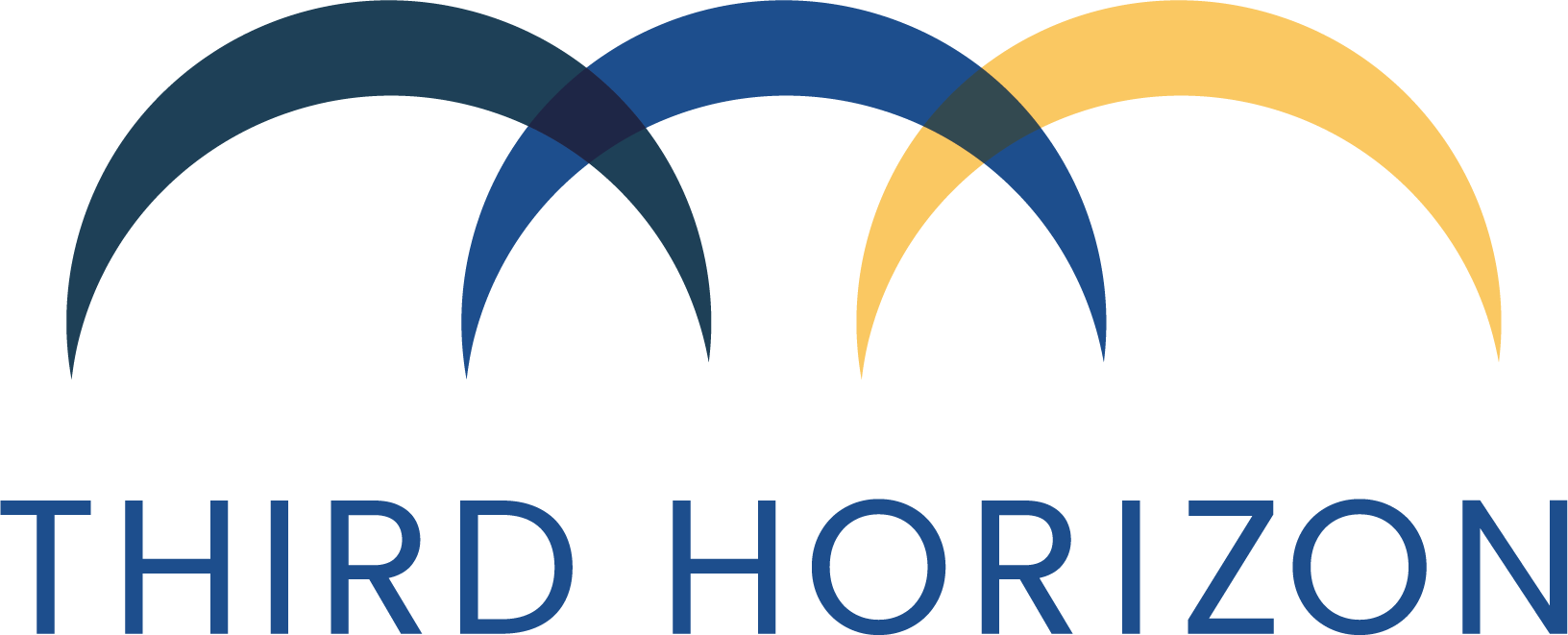Seeking restitution and accountability, states, local governments, and impacted individuals have filed more than 3,300 lawsuits against drug manufacturers, distributors, and pharmacies for their role in exacerbating the country’s opioid epidemic. The most visible litigation – that of Purdue Pharma – reached a settlement in September that is mired in controversy. In October, attorneys in a bellwether federal trial in Ohio argued that the dispensing practices of four pharmacy companies created a public nuisance. While the Ohio court has not reached its final verdict, two other states have recently issued rulings in favor of the pharmaceutical industry: A California judge rejected government claims that five opioid manufacturers fueled the opioid epidemic and, just last week, Oklahoma’s Supreme Court overturned a $465 million verdict against Johnson & Johnson that was awarded in 2019.
Litigants on both sides of these cases have employed novel legal strategies to try their case, some of which are not tested in case law. Absent universally agreed upon settlements, court proceedings could drag on for years before communities receive any potential windfall.
Want more daily health intelligence from Third Horizon Strategies? Sign up for Tea Leaves – a free daily newsletter capturing a rundown of the most important health industry activity!
It is also important to recognize that any compensation will not be enough to undo the damage and that the nature of our nation’s behavioral health epidemic is changing, and not for the better. While litigations are focused on players who are accused of driving the opioid epidemic, and as legal cases continue, there may be risk that purpose language baked into settlement agreements, or attendant national, state, or local policy around the use of funds could hamstring communities’ ability to target resources towards real-time need.
As court proceedings continue, and our nation’s substance use epidemic continues to harm communities, what can providers, payers, and policy leaders do now to ensure that settlement resources, whatever they may be, are well utilized?
- Support the establishment of structures to receive, protect, and appropriately expend settlement resources in support of evidence-based substance use prevention, harm reduction, treatment, and recovery services. In New Hampshire, for example, the legislature created an Opioid Abatement Trust Fund. Overseen by an advisory commission, the regulation ensures that the dollars will be protected against raiding by future legislatures – which was seen in many states related to the Master Settlement Agreement (MSA) with tobacco companies in 1998. An advisory structure also ensures that decisions can be informed by knowledgeable stakeholders and communities. Several states are following New Hampshire’s example with similar policy efforts.
- Stay attuned to opportunities to weigh in at all levels. Given the plethora of parties involved in these lawsuits, it is possible that there will be a myriad of decision points around resources that might flow into states. While the Trust Fund model is for settlement dollars received by state government, funds will also flow directly to counties, cities, towns, and even school districts. Resources like the Opioid Settlement Tracker can assist providers and community leaders in exploring where decisions around these resources will be made proximate to their service area.
- Continue to hone the financial modeling of your service array, to be best prepared to make the case for how to maximize the impact of any settlement funds. For settlement resources to be effective, they MUST be integrated as one arrow in the financing quiver. Health care providers and systems should continue the march towards payment reform, better leverage existing resources, and consider what specific niche settlement dollars can fill in order to be additive.
The final story of these legal proceedings is yet to be written – but that is no reason to hold off on smart planning and community decision-making to make the most of any resources that could come from them. At Third Horizon Strategies we are committed to maximizing community and provider ability to address behavioral health issues. We stand ready to help providers, coalitions, decision makers, and advocates understand the context of these proceedings and the opportunities they may provide.


